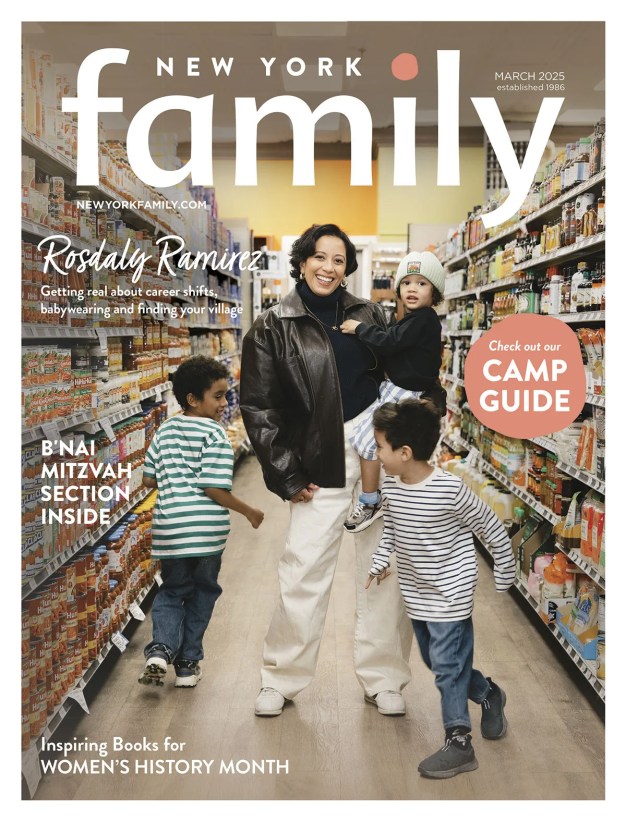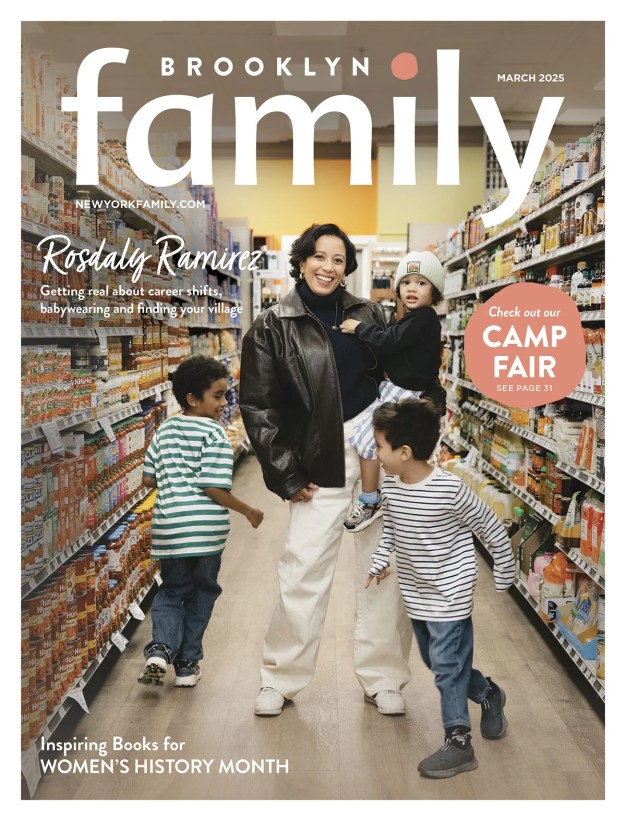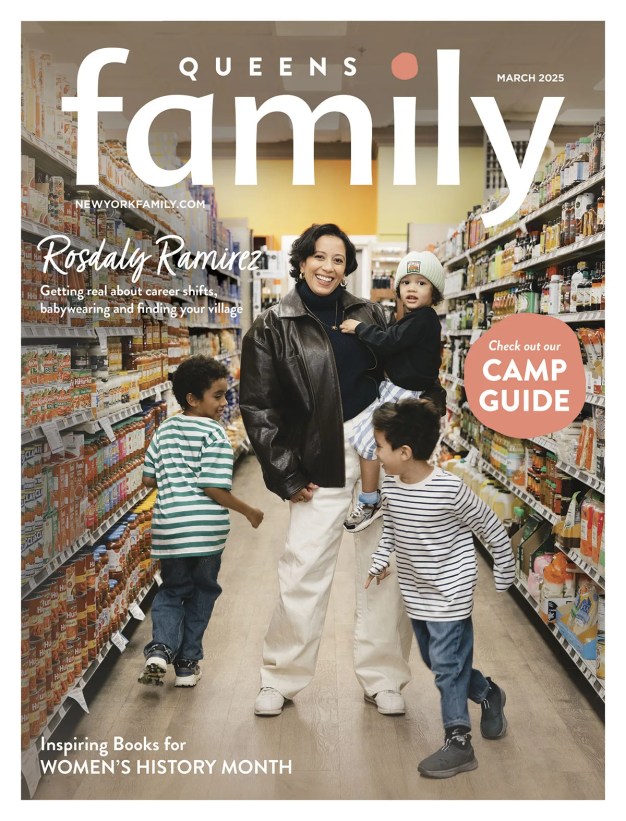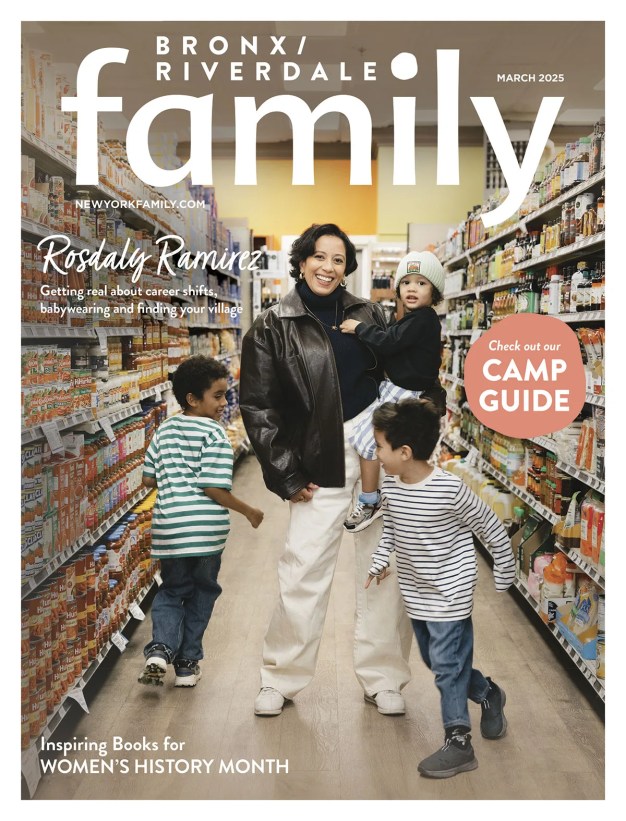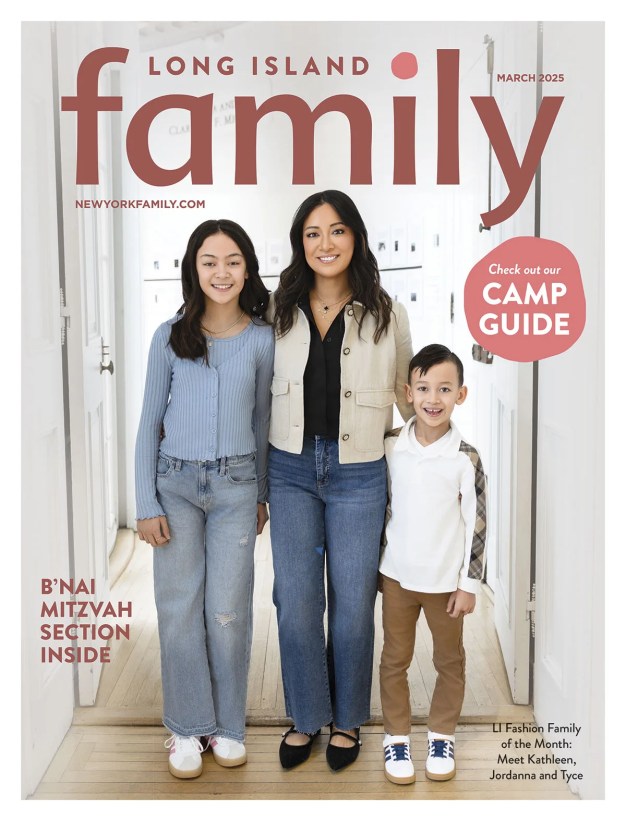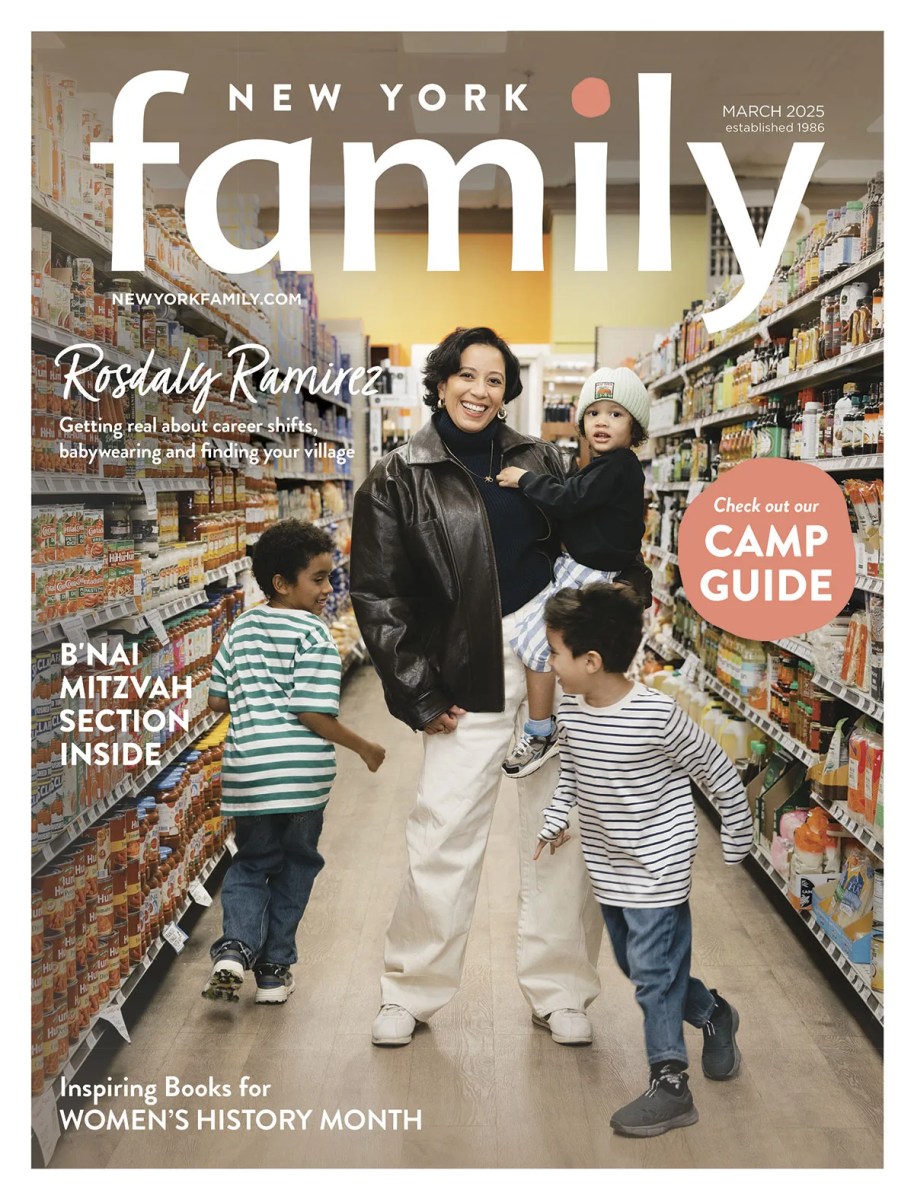
College Tour Tips and Do’s and Don’ts for Parents
Many New York and tri-state area parents and their college-bound students are either in the throes of college touring or will be taking advantage of upcoming weekend and school breaks to venture out on college campus tours for next year. We chatted with one of the trusted college counseling experts in the country, and founder and CEO of Premium Prep College Counseling, Alyse Levine, who shared her tips for parents on maximizing their college campus tour experiences.
The Essentials to College Touring
- Register ASAP—Spots fill up fast, so make sure to register for a tour as soon as possible. If you’re too late, but still want to drop in, send a note to your regional admissions counselor letting them know you’re coming and asking some substantive questions to make the most of your visit. You can also wait until after your visit to email if instead, you’d like to ask follow-up questions.
- Be Present—Put your phones away. Pay attention. You want to get a feel for the place in as personal a way as possible. After the info session and tour, visit random buildings to see what’s really happening inside. Walk the campus aimlessly and watch the students interact. Sit for 10 minutes in the library. Be sure to build in time to just hang out—it’ll be worth it. You never know who you might meet or what tidbits you might pick up that can impact on your opinion of the school and your approach to applying.
- Take Notes—All the schools will merge together and it will be helpful to have specifics from your visits for when you write your “Why us?” essays. Jot down or voice record six specific observations or things you heard. Your notes will come in handy if you need to refer back to them, both as you refine your College List and think about college essays for each school’s application. This can be a real advantage!
- Meet & Greets—First-hand accounts from students and professors can be very insightful. Meet with a current student to get a sense of the student experience. It’s so valuable to get this candid information beyond the formal presentation. If you know what you want to study, meet with a professor in the department or try to visit a class in that area. Often admissions can help you set this up. If not, contact the department chair or the DUS (Director of Undergraduate Studies) in the department of interest.

What you are doing to help your college-bound child in the planning process, may actually be hurting them…
“We’re going to college!” Um, “we”? As parents, it can be easy to get into helicopter mode–researching schools on your own, talking to guidance counselors on your child’s behalf, creating checklists for your child to follow, compiling names of colleges to which they should apply and people they should ask for recommendations. One of the foremost and trusted college counseling experts in the country, Alyse Levine, is the founder and CEO of leading college prep service, Premium Prep Counseling. She shares the following Do’s and Don’ts of Parenting a College Applicant:
- DO listen to your student: Listen closely to your child when they talk about their future plans and understand that your child’s perspective and goals will shift over the course of their college admissions process. Though you are certainly still the authority figure here, be sure not to shoot down their ideas–even if they seem a touch impractical or don’t fit the vision that you’ve always had for them.
- DON’T run the process: Though this may seem like a “we” moment, it is first and foremost your child’s experience. Take a step back. Your opinions and concerns matter, but this is a real opportunity to empower your child. As with so much of this process, the key here is balance. Try hard not to be overbearing, watch for signs of stress, and be careful not to make college the only topic of conversation at the dinner table.
- DO offer some constructive feedback on college essays and applications: Even if your child is fiercely independent and self-motivated and passed their English classes with flying colors, it’s a good idea to read over resumes, essays and other components of the college application. If your child does not feel comfortable letting you read their essays, ask if there are other trusted adults that they could ask for feedback, such as a teacher or mentor.
- DON’T overstep with your child’s college essays: Your child’s essays MUST be 100% their own. It is not only unethical for a parent or other adult to write for a student, but it does a real disservice to your child overall–both in terms of their self-worth and in the college application process itself. Refrain from changing the language, even if some of your child’s phrasing is a little awkward. Let them know that the wording is a bit off and that they might consider changing it to flow better. If there are glaring grammar or spelling issues, let them know about those issues, but don’t change them yourself.
- DO be honest with your student about what you can afford: This is a big one. College is a great financial undertaking. With the U.S. student debt at $1.75 trillion, it is important to have a transparent financial discussion with your child. You may not want or need to provide every detail, but talk to your child about financial responsibility and the benefits and consequences of taking out student loans. Even if your student receives some scholarships or financial aid, chances are that it might not cover the full cost of four years.
Psst..check New York City Family and Kids Winter Bucket List 2023-2024

Alyse Levine
Founder & CEO, Premium Prep College Counseling
A visionary in the college preparation sector, Levine remains a respected thought-leader in college counseling done right. Her philosophy is deeply rooted in an ethical, highly professionalized approach, involving counselors with decades of experience in high schools, working with families. Levine has built a best-in-class business from the ground up—launching first as a sole practitioner and currently leading an unrivaled team of 50 highly-qualified, experienced counselors, selected from across the country, serving thousands of families and students for over two decades.
Always on the pulse of industry innovation, Levine crafted a systemized, data-driven approach to the college application process. Levine was the lead architect in the creation and development of PrepSpace™, a powerful, proprietary college planning web app that organizes the process, provides key admissions data, and empowers student and families to clearly and efficiently manage their College List and applications. This technological advancement has enabled the company to scale significantly and provide the best and most efficient services to Premium Prep clients.
Committed to achieving equity in education, Levine created the PrepUp Scholarship program, which provides college counseling services to aspiring, academically-focused, low-income students.
